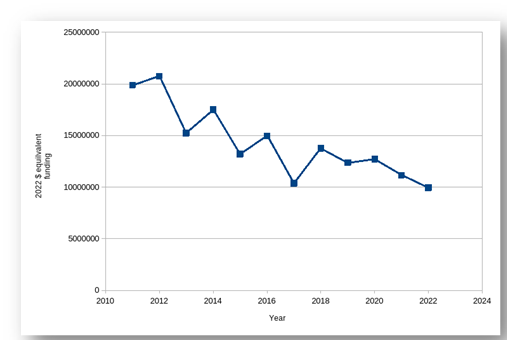About the Extremal Principle: From Convex Analysis to Nonsmooth Analysis (Geometric Considerations)
Hello everyone,
Please join us for a DMG Mathematics Seminar, held at Deakin CBD campus (please contact j.ugon@deakin.edu.au if you would like to attend in person), and on zoom:
https://deakin.zoom.us/j/84035502989?pwd=tIuy66p0Uc4fxO9IDjbagAVDopJ3wu.1
Friday, September, 5, 11AM (Melbourne).
Title: About the Extremal Principle: From Convex Analysis to Nonsmooth Analysis (Geometric Considerations)
By: Prof Alexander Kruger, Faculty of Mathematics and Statistics, Ton Duc Thang University, Ho Chi
Minh City, Vietnam
Abstract: Since the extremal principle was introduced in 1980, it has proved to be one of the key tools in nonsmooth optimization and variational analysis, serving as a substitution for the classical convex separation theorem when the convexity assumptions are not satisfied. Several extensions of the extremality property of collections of sets have been introduced as well as several extensions of the extremal principle.
In this talk, I am going to present and discuss extremality, local extremality, stationarity and approximate stationarity properties of collections of sets and the corresponding (extended) extremal principle.
References
Kruger, A.Y., Mordukhovich, B.S.: Extremal points and the Euler equation in nonsmooth optimization problems. Dokl. Akad. Nauk BSSR 24(8), 684–687 (1980)
Kruger, A.Y.: Weak stationarity: eliminating the gap between necessary and sufficient conditions. Optimization 53(2), 147–164 (2004)
Bui, H.T., Kruger A.Y.: About extensions of the extremal principle. Vietnam J. Math. 46(2), 215–242 (2018)
Bui, H.T., Kruger A.Y.: Extremality, stationarity and generalized separation of collections of sets. J. Optimization Theory Appl. 182(1), 211–264 (2019)
Cuong, N.D., Kruger, A.Y., Thao, N.H.: Extremality of families of sets. Optimization 73(12), 3593–3607 (2024)
Cuong, N.D., Kruger, A.Y.: Generalized separation of collections of sets. arXiv: 2412.05336

